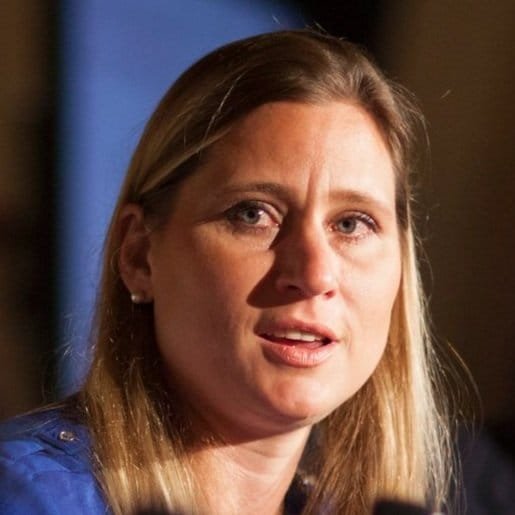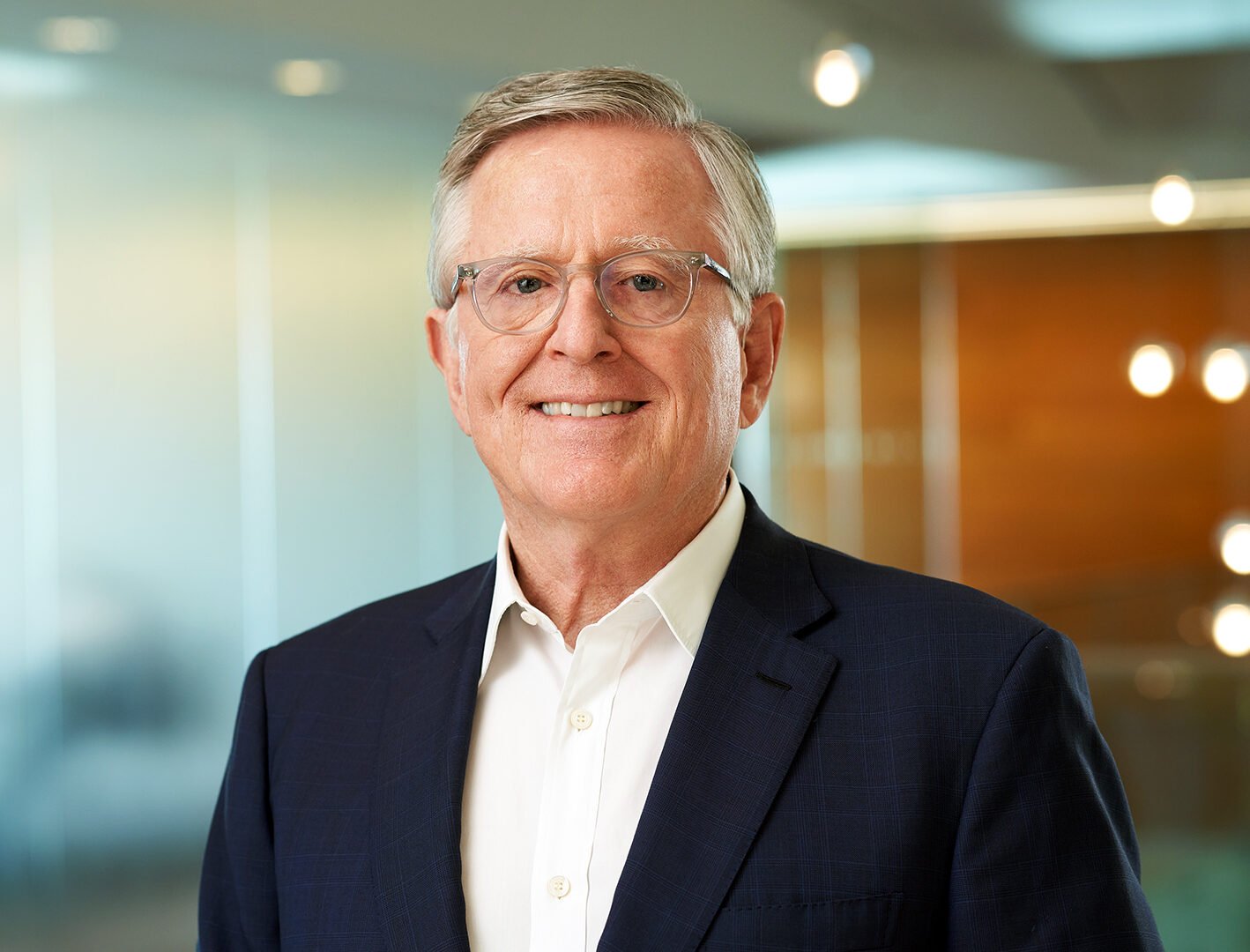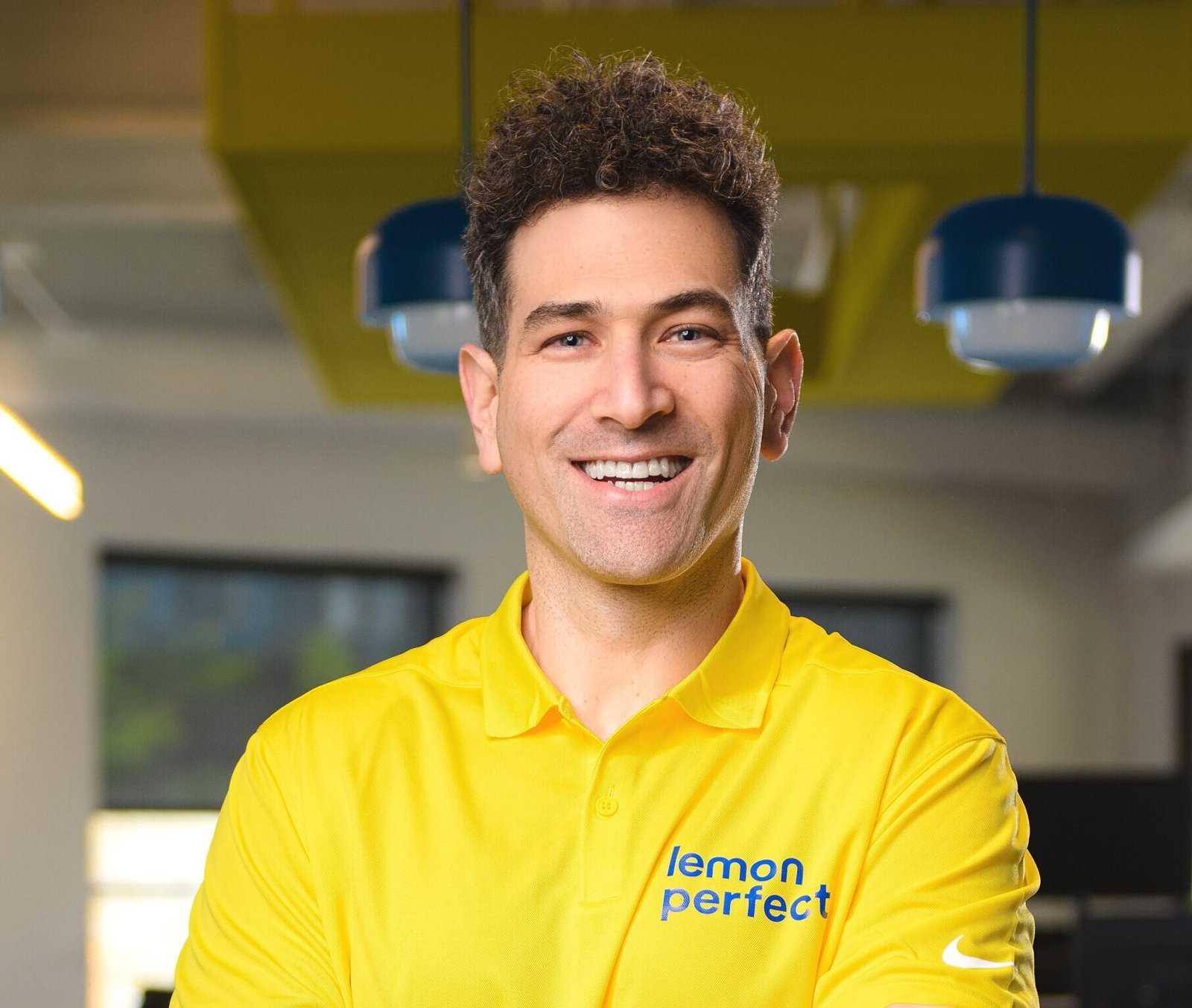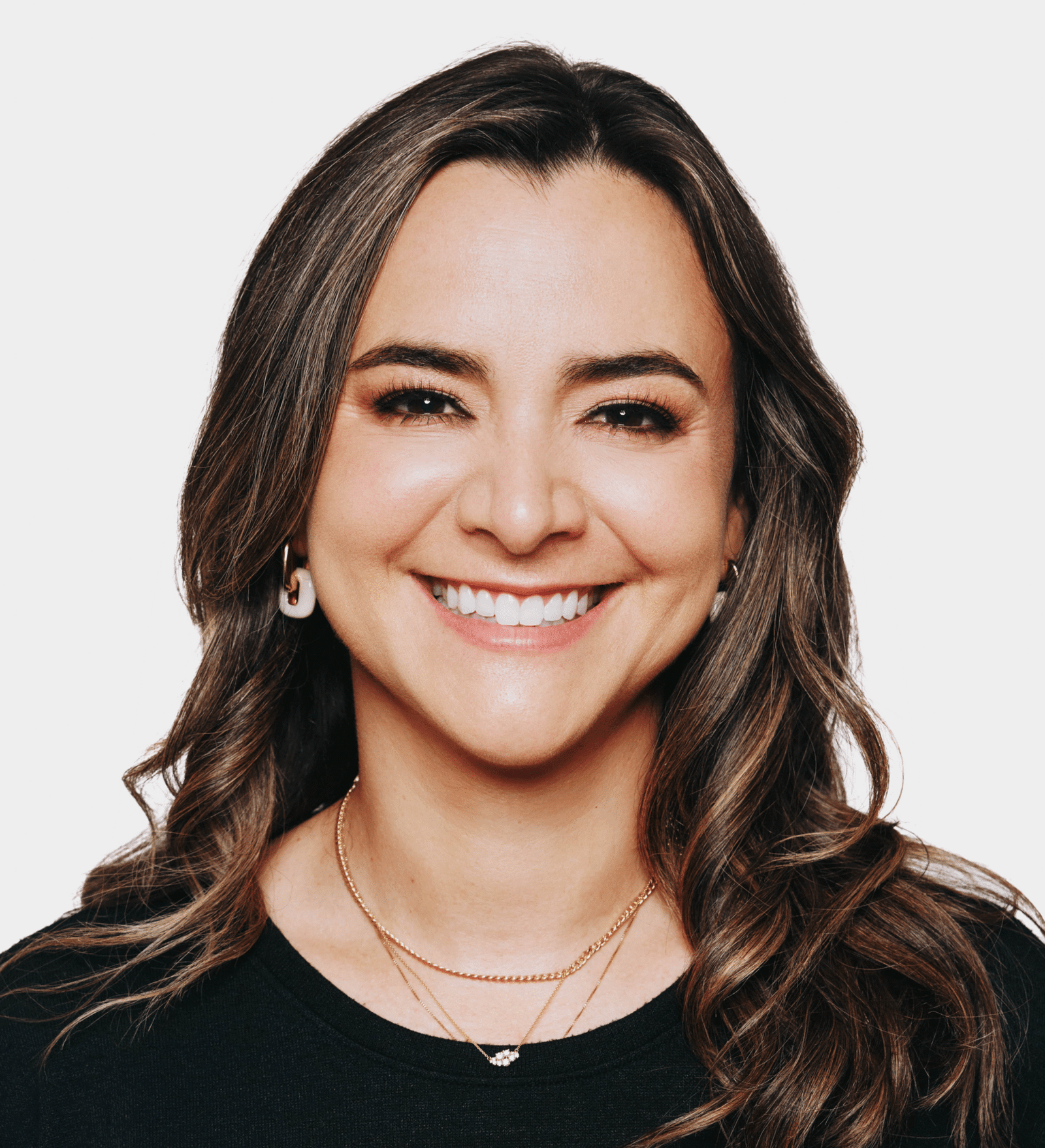Several years ago, I interviewed Olympic gold medalist Angela Ruggiero in an interview originally published in Thrive Global. A member of the Hockey Hall of Fame, Angela won an Olympic gold medal in the 1998 Winter Olympics in Nagano and won medals in three other Olympic games: a silver in 2002 in Salt Lake City, a bronze in 2006 in Turin, and a silver in 2010 Vancouver. Here is an excerpt from our interview:
Adam: What is something about you that would surprise people?
Angela: I am a hockey player from California but hate the cold.
Adam: How did you get here? What failures, setbacks, or challenges have been most instrumental to your growth?
Angela: I grew up in a working-class family where opportunities like going to college weren’t expected or easy to come by. But my dad was always my biggest cheerleader. He never really saw the limitations imposed by nature of “being a girl.”
For example, he supported me trying out for an all-boys hockey team, and despite what sometimes felt like constant resistance about my gender (including name calling and being cut from teams), I excelled to an elite level. In his eyes, “no” became “why not?”
This attitude shaped my worldview as an adult: the words “you can’t do that” became powerful motivators for me to be the best at my sport, attend Harvard Business School, work my way up to the Executive Board at the International Olympic Committee, and CEO of Sports Innovation Lab. I love the quote from Henry Ford: “If you think you can or you can’t, you are probably right.”
Adam: What are the best lessons in leadership you have learned over the course of your Olympic career?
Angela: There are lots of them, but if I had to pick the top three that helped me the most in my role as a startup CEO, I’ll say:
-
Find a purpose greater than yourself. I had Olympic rings in the back of my head as a 10-year-old, which made the demanding trainings easier to deal with. I knew my purpose was not the practice itself, but what it would help me achieve. Additionally, back in 2000, the U.S. Hockey team made the decision to demand more equal rights for the women’s program — like the current women’s team that recently won a gold medal and an ESPY. By standing together for what we knew was right, we learned that there were some things more important than hockey and that our “work” product was ultimately greater than ourselves.
-
Take risks. I was the first woman, non-goalie to play professional men’s ice hockey in North America. I volunteered up for this daunting task, not because I wanted to make a gender statement, but because I wanted to challenge myself and prepare for another gold medal. I definitely felt the pressure, but I had to remind myself I was just doing what I already knew: playing hockey. Taking these kind of risks helped me do something no one had ever done before. This is the same kind of risk mindset I’m using to build a company. I’m betting on myself again, and not listening to the outsiders that see a woman playing pro sports, or building a new company as a monumental risk. I see it as a monumental opportunity.
-
Never take shortcuts. Life is an aggregate of millions of tiny choices. When you take shortcuts over and over again, they start to add up and turn into good or bad habits. My father once told me to pretend like there’s always a scout in the stands watching your every move. That motivated me to always play my best — and enabled me to be ready when there really was a scout in the stands. Today, this philosophy reminds me to always give it my all, no matter the situation.
Adam: In your experience, what are the defining qualities of an effective leader? How can leaders and aspiring leaders take their leadership skills to the next level?
Angela: Two qualities I’ve always respected in leaders include 1) believing in the team, and 2) believing in oneself.
For believing in the team, when you see your teammates willingly give up their ego to achieve team success, you know you’re onto something. I learned this with my gold medal-winning team in 1998, and now, with my young startup, this approach is just as critical. Things move fast and change on a dime. Everyone has to be fully invested in the goals of the company and believe in each other in order for the company to be successful.
Believing in one’s own abilities is just as important. This doesn’t mean being overconfident or arrogant, but rather putting in the sweat equity to give it your all, every single day, even when you’re unsure of the outcome. As an example, I wasn’t sure what to do with myself after I competed in my fourth Olympics — a question all athletes ask themselves. So, I took a leap of faith and applied to Harvard Business School to help figure out my next chapter in life. I was terrified that I could be rejected, but I persevered through my own fears and, more importantly, believed in my own potential.
Adam: What are your three best tips applicable to entrepreneurs, executives, and civic leaders?
Angela: Belief in the power of your team and the importance of internal confidence. A third tip is to always value diversity and inclusion. I spent eight years on the International Olympic Committee working alongside people from all over the globe with vastly different agendas, experiences, and accents — basically the United Nations of sport. I learned that multiple viewpoints allow for a better diversity of thought and ultimately performance. Respecting diversity and inclusion is not just the right thing to do in life and business, but it’s also good for the bottom line and personal growth. Bringing a diverse perspective to the table isn’t always easy, but most things worth having are hard to come by.
Adam: What is the single best piece of advice you have ever received?
Angela: Billie Jean King once told me, “If you can see it, you can be it.” I think that advice really stuck with me. Look for role models to understand what you want to be and/or achieve. Set very clear goals. Listen to your inner voice. I’ve visualized the endgame for every major goal. Visualizing and reaching goals takes a lot of hard work, of course, but if you’re a minority facing a bunch of naysayers (for example, in my life as a female elite hockey player and now as a female technology CEO) this advice helps control the doubting voice in your head.
Adam: How can anyone pay it forward?
Angela: Make giving back a priority. There are so many nonprofits that it’s easy to find an aligned cause that you’re passionate about. The key is you have to be really passionate about the cause — I always suggest picking something you’d do for free. I’d also advise to be realistic about how/when you can add value. Not everyone can donate a lot of time, money, or mindshare. There are other opportunities such as raising money, setting up connections, or allowing your employees to volunteer their time to the organization.
Adam: Is there anything else you would like to share?
Angela: We are a product of our mindset. The best Olympians find inches or microseconds all around them and only think about a gold medal versus no medal. To me, the best athletes (as a proxy for the workforce), are the ones obsessed with their mental training. We have limitless potential – but few are willing to put in the hard work to find those inches which make the ultimate difference. Ask yourself every single day, how to I become a better version of yourself, and you will have the Olympic mindset!









